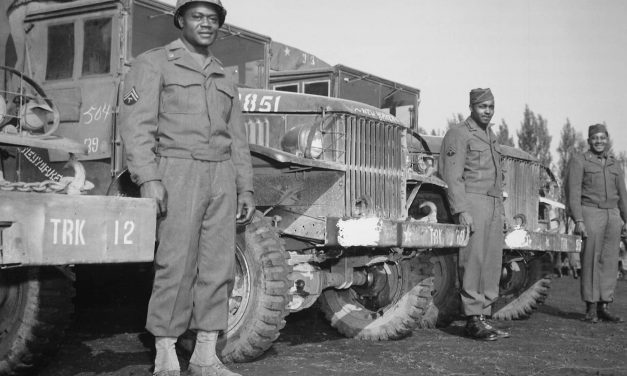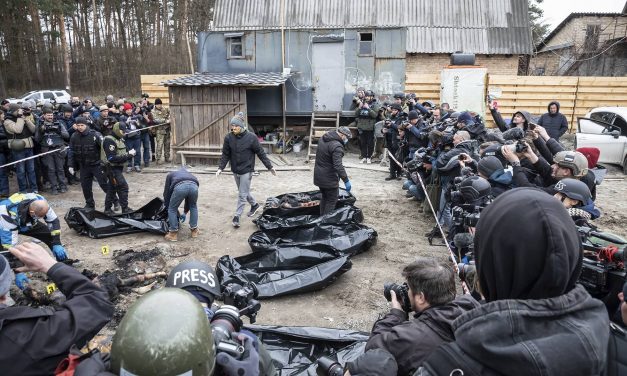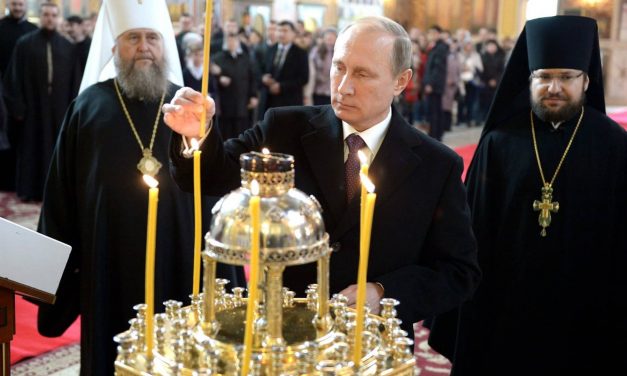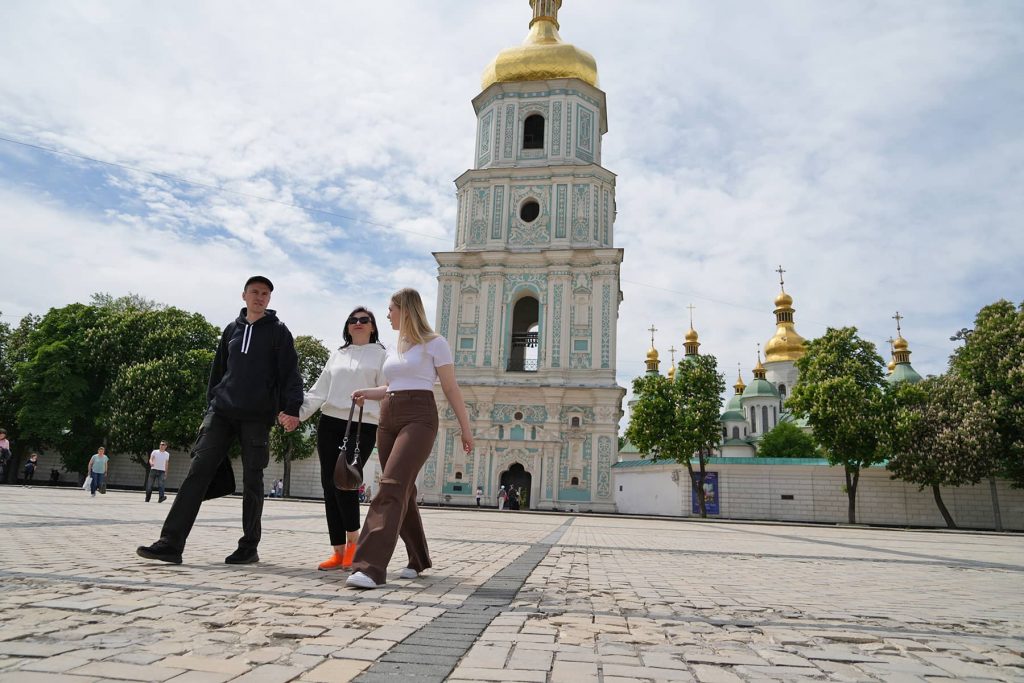Festival of Baisakhi: Understanding the spiritual significance behind the widely celebrated Sikh holiday
By Simranjit Khalsa, Assistant Professor of Sociology, University of Memphis Sikhs all over the world celebrated the festival of Baisakhi, a holiday with a special religious significance, observed each year on April 13 or 14. In 2022, Baisakhi fell on April 14. As a sociologist of religion studying Sikhs in the West and as someone who was raised Sikh, I know that Baisakhi is one of Sikhism’s most widely celebrated holidays. I remember attending celebratory Baisakhi processions in Amritsar in northern India where large crowds gathered, many wearing traditional Sikh clothing, and danced and practiced Sikh martial arts. Originally...
Read More















